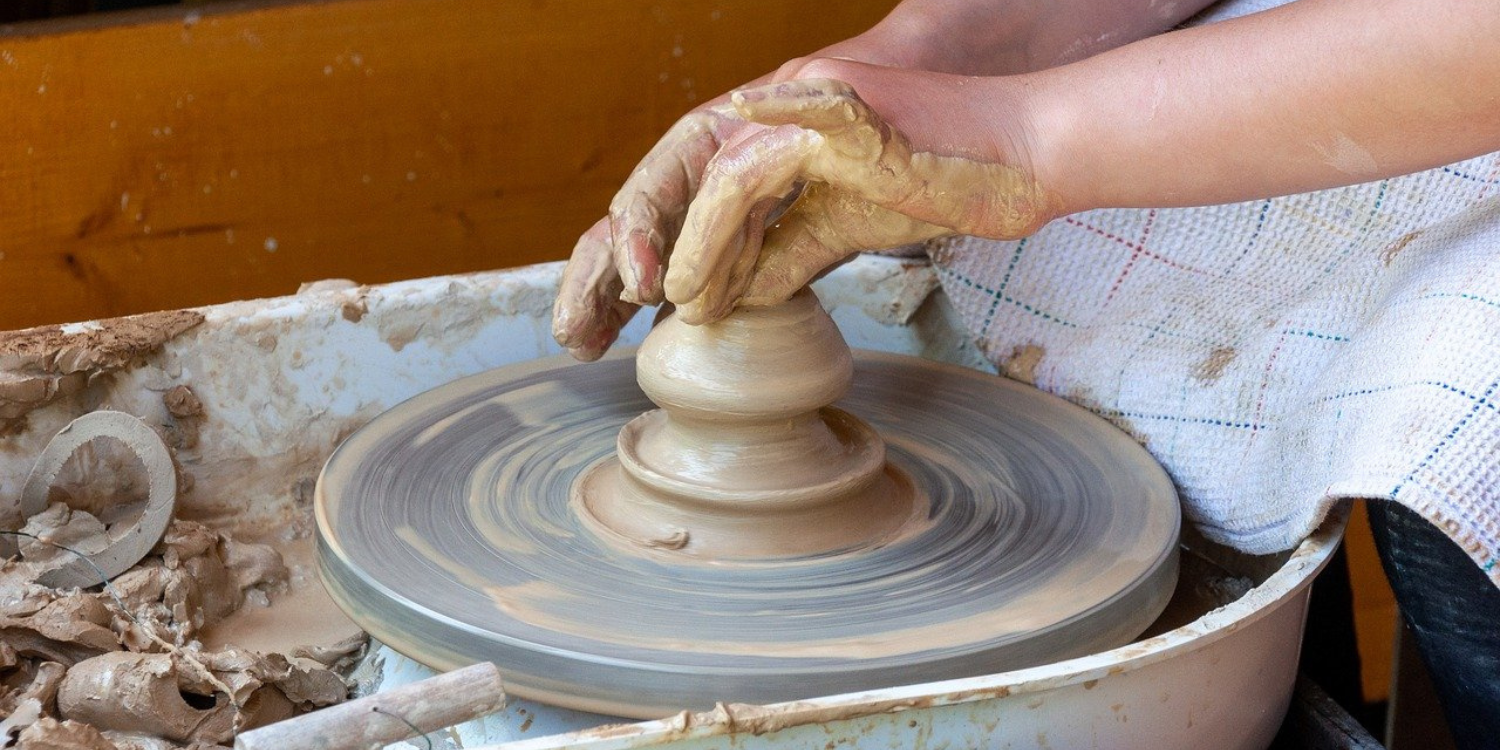Ah, the notorious CV… The document that holds the power to make or break our chances of landing that dream job. We spend hours crafting the perfect summary of our professional achievements, skills, and qualifications. But what about our hobbies and interests? Should we include them in our CV? It’s a question that has been debated among job seekers for years. In this blog we will uncover the truth behind this question for once and for all.
Using hobbies and interests in your CV
Debunking the myth: Should hobbies and interests be included in a CV?
Let’s first address the elephant in the room – the myth that hobbies and interests have no place in a CV. Some argue that potential employers are only interested in your professional experience and qualifications. However, that couldn’t be further from the truth.
Including hobbies and interests can actually provide valuable insight into your personality, skills, and even your potential as a team player. In today’s competitive job market, where qualifications and experience are often on par among candidates, your hobbies and interests can also serve as a differentiator. They offer a window into who you are beyond your professional achievements, showcasing the qualities that make you a unique individual. So, let’s put this myth to rest once and for all.
Pros and cons of including hobbies and interests in your CV

Now that we’ve debunked the myth, let’s explore the pros of including hobbies and interests in your CV. Firstly, it can showcase your passion and dedication outside of the workplace. Employers appreciate individuals who have a well-rounded life and are passionate about something beyond their 9 to 5 grind. Secondly, it can highlight transferable skills that are relevant to the job you’re applying for. For example, if you’re a passionate chess player, it demonstrates strategic thinking and problem-solving abilities. Lastly, it can serve as a great conversation starter during interviews. Imagine bonding with your potential employer over a shared interest in hiking or cooking. It can instantly create a connection and make you more memorable.
While there are certainly advantages to including hobbies and interests, there are also some drawbacks to consider. One of the main concerns is that it may take up valuable space on your CV that could be used for more prominent information. It’s important to strike a balance and only include hobbies and interests that are truly relevant or impressive. Another potential con is that certain hobbies or interests may inadvertently create bias or stereotypes in the mind of the employer. For example, if you list “watching reality TV” as one of your hobbies, it may not paint the most professional picture. So, tread carefully and choose wisely.
How to include hobbies and interests in your CV
Let’s dive into the decision-making process of how to decide if you should include hobbies and interests in your CV. Ultimately, it comes down to the specific job you’re applying for and the company culture. Research the company and try to find out whether they value work-life balance and individuality. If you’re applying for a creative role or a company known for its innovative culture, including hobbies and interests may be beneficial. On the other hand, if you’re applying for a highly corporate or traditional role, it may be best to keep your CV focused solely on your professional achievements.
If you’ve decided to include hobbies and interests in your CV, it’s essential to do so effectively. Firstly, keep it concise. You don’t need to list every single hobby you have ever pursued since childhood. Instead, choose a few that are relevant and showcase desirable qualities. Secondly, provide a brief explanation or accomplishment related to each hobby or interest. This will add substance and demonstrate your dedication. Lastly, consider the placement of this section in your CV. It’s best to include it towards the end, after your professional experience and qualifications.
How to tailor your hobbies and interests to the job you're applying for

Speaking of alignment, let’s discuss the importance of tailoring your hobbies and interests to the job you’re applying for. Start by thoroughly analyzing the job description to identify its key skills and qualities. Then, consider how your hobbies can align with these requirements.
- If the job necessitates strong communication skills, you can highlight your involvement in activities like public speaking clubs or writing groups, emphasizing your ability to articulate ideas clearly and effectively.
- If problem-solving is crucial, discuss how your passion for puzzles, strategy games, or hackathons has honed your analytical and critical thinking skills, showcasing your capacity to tackle complex challenges.
- For roles emphasizing leadership and teamwork, share your experiences in leadership positions within volunteer organizations or sports teams, illustrating how these roles have honed your ability to work collaboratively and lead effectively.
- In positions valuing creativity and innovation, delve into your involvement in artistic, musical, or writing endeavors, demonstrating your capacity to think creatively and generate novel solutions.
Incorporating these tailored insights into your application can help you align your personal interests with the job requirements, presenting you as a candidate with the skills, qualities, and passion necessary to excel in the role.
Common mistakes to avoid when including hobbies and interests in your CV
While including hobbies and interests can be advantageous, there are also some common mistakes to avoid that can make a significant difference in how your application is received.
Firstly, and perhaps most importantly, is the need to maintain honesty and authenticity. Fabricating or exaggerating your hobbies and interests is a critical mistake. Employers are experienced in discerning genuine passions from exaggerations, and such deceit can seriously undermine your credibility. It’s always best to present a true reflection of your interests.
Secondly, steer clear of generic or cliché hobbies like “reading” or “watching movies.” These hobbies, while perfectly fine in themselves, can make your application blend in with countless others. Instead, be specific and showcase your unique personality. For instance, rather than simply stating “reading,” you can elaborate on your favorite genres, recent books you’ve enjoyed, or any book clubs you’re a part of. This provides a more vivid and engaging picture of your interests.
Lastly, exercise discretion when choosing which hobbies and interests to include. Ensure they are appropriate and professional for the context. Listing controversial or potentially offensive activities may not bode well with potential employers. It’s important to remember that your application is often the first impression you make on an employer, so presenting hobbies that align with the company’s culture and values is crucial.
Conclusion: The final verdict on including hobbies and interests in your CV
So, should you include hobbies and interests in your CV? The answer is “It depends.” It depends on the job you’re applying for, the company culture, and the relevance of your hobbies and interests. When done effectively, including hobbies and interests can provide valuable insights into your personality and skills. However, it’s important to strike a balance and ensure that this section adds value to your overall CV. Remember, there’s no one-size-fits-all approach, so trust your instincts and tailor your CV accordingly. Good luck writing your CV!
Also nice to read:
- No experience? No problem! How to write a CV with limited work experience.
- Mind the gap: How to effectively address employment gaps in your CV.
- Cover letter catastrophes: 5 Things not to do when applying for a job.
- How to show your language skills on your resume.
- 5 Ways to make money form your language skills.

Lydia van Lierde
Hey there! I'm Lydia. I am currently travelling through Africa as I fell in love with this beautiful continent. The people, the culture, the food, nature... all of it! In my free time I like to dance, workout, spend time with my friends and be close to nature.

